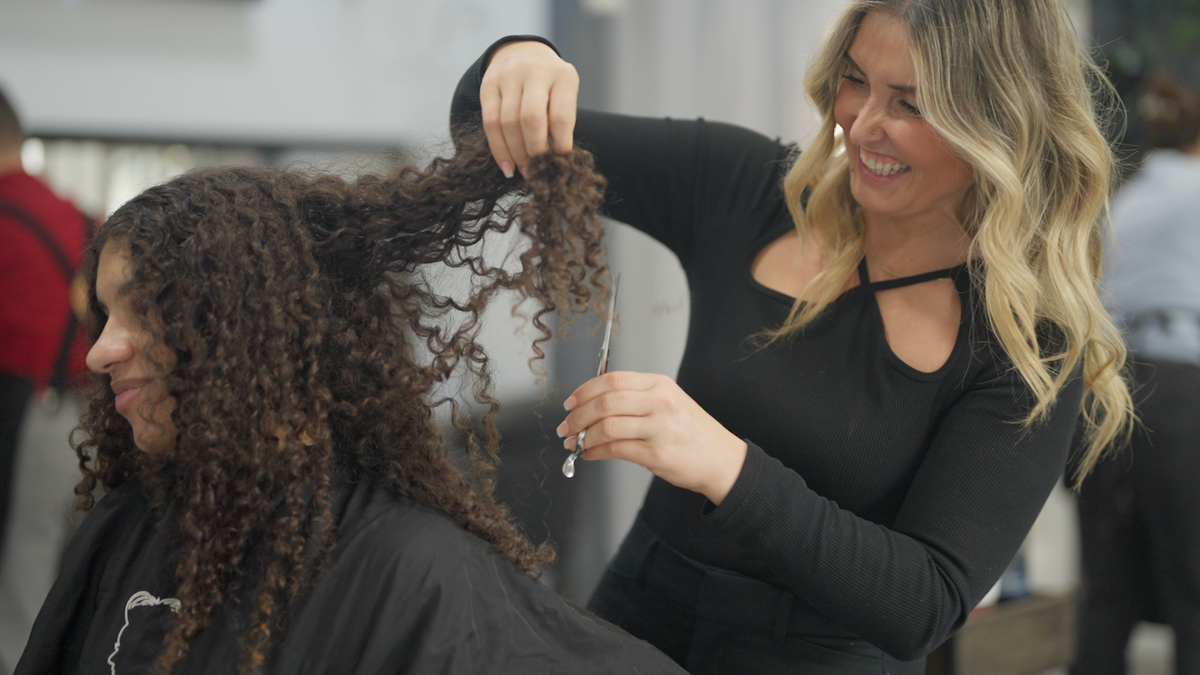
Sophia Hilton Launches Not Another Club
Sophia Hilton Launches Not Another Club
Business and life coaching programme is new venture from former Not Another Salon owner
by AMANDA | INFORM

Sophia Hilton
Hairdressing entrepreneur Sophia Hilton is launching a business and life coaching programme inspired by the impact Salon 365 had on the industry years ago.
Not Another Club is being pitched as a holistic programme for the industry that “treats your whole self”, recognising how closely linked life and business are for salon owners and freelancers.
“This isn’t about just hitting targets,” said Sophia. “It’s about navigating burnout, money fear, identity loss and the real emotional rollercoaster that comes with being an independent stylist or salon owner in today’s world.”
Not Another Club offers:
- A colour hotline, open 24/7 for in-salon support when things go wrong
- A social media and marketing pathway to get “bums on seats”
- A financial coaching programme from an accountant with 3,000+ salon clients
- A tech expert to help hairdressers master the digital tools they often avoid
- A wellbeing coach guiding members through overwhelm, stress and self-doubt
The Club is supported by a WhatsApp community, weekly webinars and in-person connection across the UK and further afield. Having quietly started eight months ago, the Club currently has 220 members globally, with three-quarters of them salon owners and a quarter independents. An ‘early bird’ offer sees membership priced at £60 per month for freelancers and £100 per month for salon owners.
Sophia believes a common thread between salon owners and independents is loneliness. The Club hosts breakfasts before events, lunches afterward and “creates a space where no one has to travel to education alone”, whether members come with their team or by themselves.
Citing the impact Salon 365 had on the industry – “Back then the industry needed professionalism, structure and permission to raise its standards, and Salon 365 delivered” – Sophia said she wants the impact of Salon 365 tailored to the market we have now, which she describes as “fragmented”. “The future of this industry belongs to the flexible, to those who can adapt quickly and stay emotionally resilient,” she explained.
































